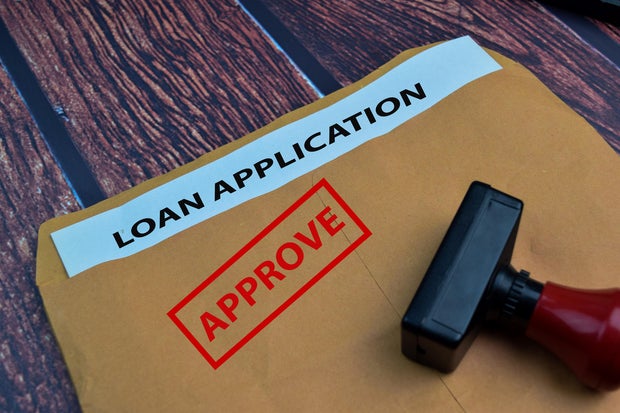Home equity loan requirements to know
There's a lot of value in your home. It's where you unwind, create memories and spend time with loved ones. It can also be a source of financial value — even while you're still living in it.
Tapping into your home equity allows you to convert the money you've invested in your house into cash you can use now. It's a cost-effective funding alternative to credit cards and personal loans, which can carry considerably higher interest rates. One way of tapping into your equity is with a home equity loan.
A home equity loan works like a second mortgage. You borrow a lump sum and pay that amount back over a specified period (typically, five to 30 years). You may use the funds for anything you want, although you may qualify for a tax deduction if you use it for IRS-approved home repairs and renovations.
If you're thinking of getting a home equity loan, there are specific requirements you must meet. In this article, we'll review what you need to be eligible for one of these loans.
If you think you could benefit from a home equity loan, explore your options here.
Home equity loan requirements
While lenders have different requirements, these are the things they usually look for.
At least 15% to 20% equity in your home
To qualify for a home equity loan, you must have a minimum of 15% to 20% equity in your home. You can calculate your home equity by subtracting your current mortgage balance from your home's current market value.
For example, let's say you purchased your home for $400,000 and you've since paid down $100,000, bringing your mortgage balance to $300,000. Over that same period, your home's value has risen to $500,000. In this example, your home equity would be $200,000 ($500,000 - $300,000).
To convert this amount into a percentage, divide your home equity by your home's current market value (200,000 / 500,000 = 0.40). Then, multiply the result by 100 (0.40 x 100 = 40). In this example, you have 40% home equity.
Note: If you'd like your number to be higher, there are ways to build your home equity.
Check out current home equity loan rates to see how much you might qualify for.
Strong credit
The higher your credit score, the more likely you are to get a home equity loan. Lenders typically want to see a score in at least the mid-to-high 600s. Applicants with scores above 700 tend to qualify for the best interest rates.
Applicants with scores in the low 600s aren't likely to qualify. If your score falls into this range, take some time to improve it before you apply for a home equity loan.
Lenders will also scrutinize your credit report to see if you have a history of missed or late payments (typically over the past 12 to 24 months). The more missed or late payments your history shows, the more likely it is to give lenders pause.
Good debt-to-income ratio
Your debt-to-income (DTI) ratio helps lenders evaluate whether you can afford to repay them. It tells them how much debt you already have and how much of their income goes toward paying this debt. Lenders, like Rocket Mortgage, typically require a DTI under 43% to 50%.
You can determine your DTI by adding up your monthly debt payments and dividing that amount by your monthly income. For example, if you make $3,000 a month and pay $1,000 toward debt each month, you would calculate:
1,000 / 3,000 = 0.33
To convert this number to a percentage, multiply it by 100:
0.33 x 100 = 33%
Proof of income
Lenders generally require proof of income for the past two years. So, you'll likely have to provide documentation such as tax returns and pay stubs for this period.
Start your search for a home equity loan by reviewing current rates online now.
The bottom line
The criteria above can help you determine how likely you are to be approved for a home equity loan. They can also help you determine if a home equity loan is something you should consider.
If you barely meet one or more of these requirements, it may be a sign you'll struggle to repay your loan. For example, if your credit score is good but your DTI ratio is on the high end of what lenders accept, you risk taking on more debt than you can comfortably repay. So be sure to carefully weigh any quotes you receive against your budget to ensure you can afford the repayments.




